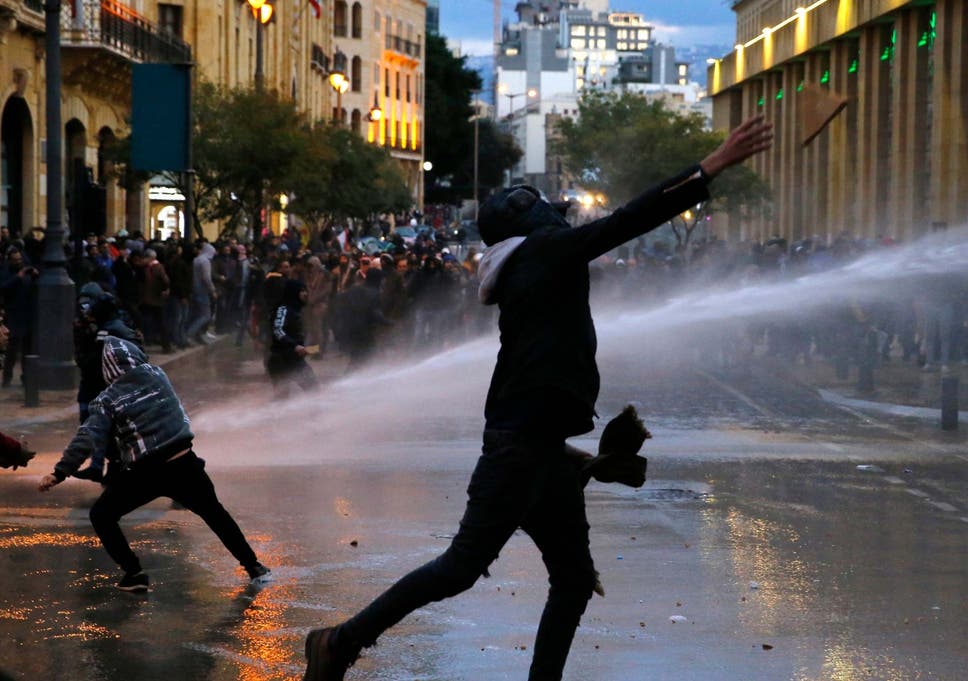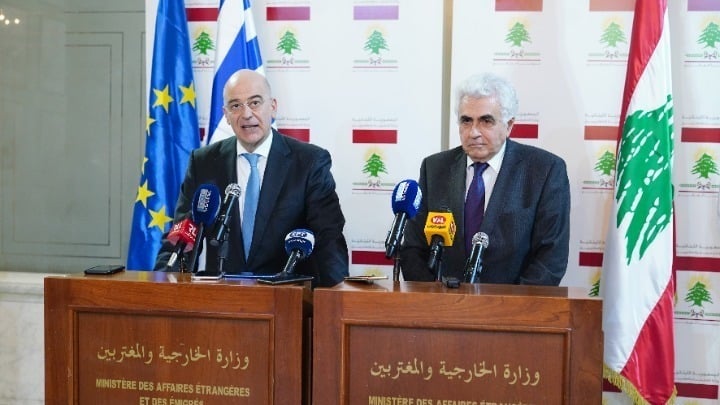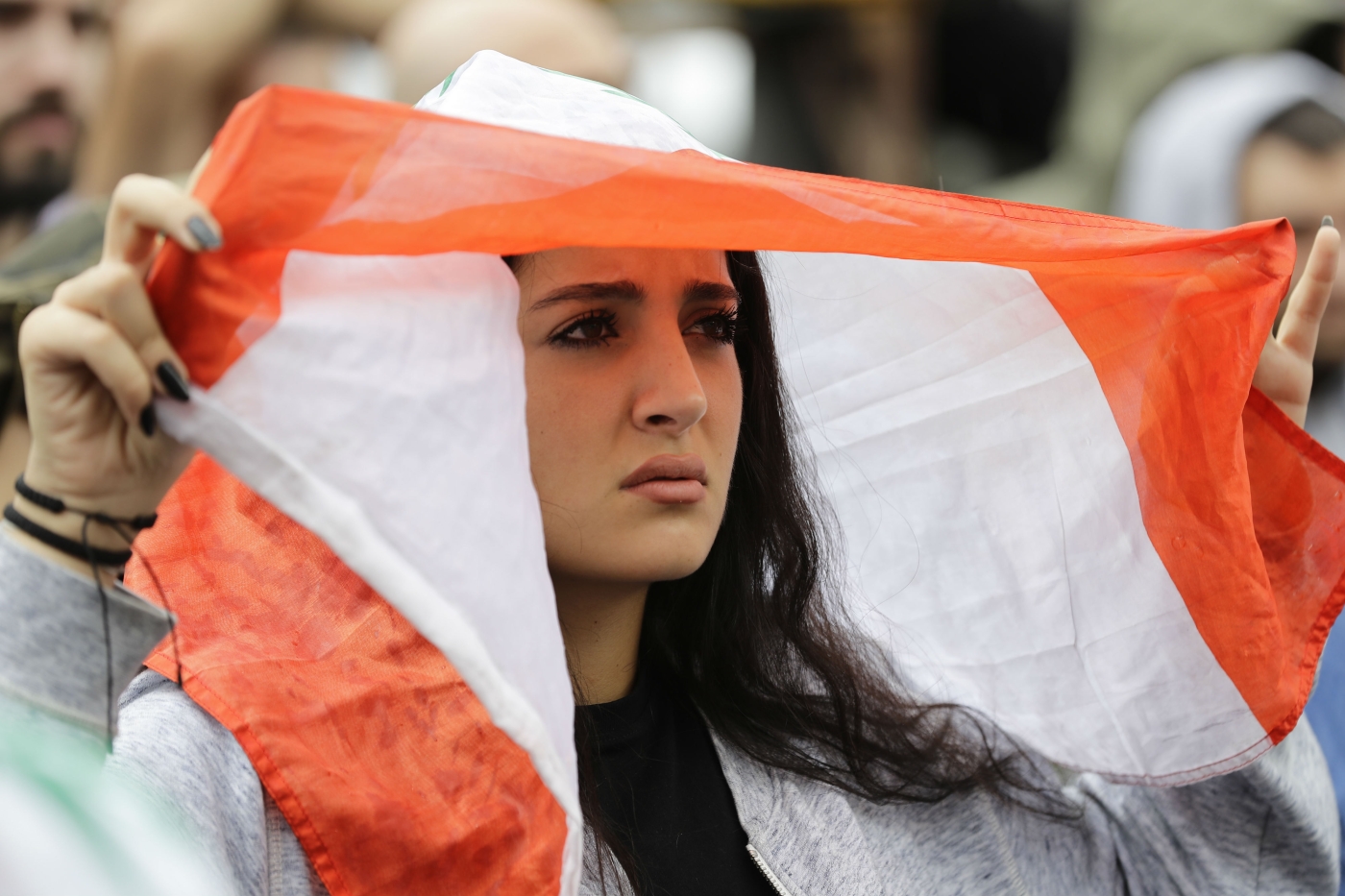
by asiatimes.com — ALISON TAHMIZIAN MEUSE — The World Bank this week warned that Lebanon, once dubbed the Switzerland of the Middle East for its unique status as both a snow-capped holiday destination and discreet banking hub for Gulf Arabs, is at risk of “implosion” should it fail to reform. A drive from Lebanon’s mountainous north to the capital Beirut will make an observer immediately feel the impact of capital controls and the economic downturn. Ski resorts, from the Cedars to Faraya overlooking the Mediterranean, are operating at partial capacity despite generous powder on the slopes; the oil needed to power electricity generators for the chairlifts is proving far too costly to run them through the season. The ubiquitous billboards and ads that populate every usable space the eye can see are either blank, advertising for New Year’s Eve concerts long-since passed, or screaming out jaw-dropping sales of 50% or more at sports stores and malls. Every fourth car dealership along the north-south highway, from Porsche to standalone lots, is empty or out of business. At rest stops, a pack of Cedars cigarettes, for years priced at 1,000 Lebanese pounds (then 70 cents), have now nearly doubled.
At night, the highway lights remain dark – though this has been the case for years, just one of the many symptoms of rampant mismanagement and corruption to which the population had been forced to acclimate, but which now may finally be hitting a breaking point. “Economic rationing is compulsory today,” Neemat Frem, a prominent industrialist, told one of the country’s most watched talk shows Thursday night. “We can no longer pay for our electricity debt!” Frem, a relative newcomer to politics now heading the parliamentary commission for economy and trade, raised alarm bells on the state of the country’s electricity sector, which loses $2 billion per year despite most households relying on their own generators for half the day’s power. While the party of Lebanese President Michel Aoun has been in charge of the energy portfolio for the better part of the last decade, entrenched corruption is blind to party affiliation. All of Lebanon’s state utilities, from telecom to waste management, have been hollowed out for decades to shore up sectarian patronage networks. For a population that has long prided itself on resilience in the face of crumbling infrastructure and incompetent and corrupt governance, the reality that this moment is different is setting in.









